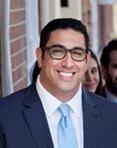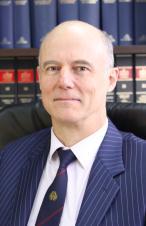
Testamentary trusts are created in a will by a testator who bequeaths his or her property for the benefit of others called the beneficiaries. Testamentary trusts can either be express or non-express, but if a will is properly created, a testator’s intentions can be inferred from the terms of the will. By creating a testamentary trust, it enables a testator to control how their property will be divided upon their passing, and ensuring that their wishes will be fulfilled.
The requirements for creating a valid express trust have been part of the common law for almost 200 years and there must be “three certainties” present:
- 1. the intention to create a trust
- 2. certainty of the subject matter of the trust
- 3. certainty of the objects of the trust.
The intention to create a testamentary trust
It’s important to be aware that there must be a certainty of the intention for the creation of a trust, because even the transfer of property to another person can be viewed as a gift if a will was not properly formed. The courts when considering if there was an intention of a testator to create a trust, will usually look at the ordinary meaning of the words used in the will when forming their conclusion.
Certainty of the subject matter
In order for a testator to bequeath property in a trust, both the property and the entitlements of the beneficiaries must be identifiable, or the trust may be void due to uncertainty. If there is uncertainty in the testator’s intentions, then the law might form the view that there was no intention to create a trust.
Certainty of object
Usually when a person is viewed as an ‘object’, it generally carries negative connotations. However, in this context, ‘certainty of object’ means that there are identifiable beneficiaries. For a trustee to properly exercise their duties, the beneficiaries must be able to be clearly identified, or a trustee won’t be able to carry out the wishes of a testator. If there is uncertainty of who the beneficiaries of the trust are, then the courts will usually resort to the default legal position of disposing of the testator’s property to a spouse, child, and so on. So it’s fundamental that a testator when creating a testamentary trust, clearly identify their beneficiaries.
Contact us for a Free Consultation
Our lawyers always go over and above to give you the best advice as quickly as possible.
Whether its quick information over the phone for a question that’s been on your mind for while, or general information about an area of law, we’re happy to help. Call us today and experience the difference:
Tel: (02) 9587 0458
Email: solicitors@gmhlegal.com
See our Facebook page






